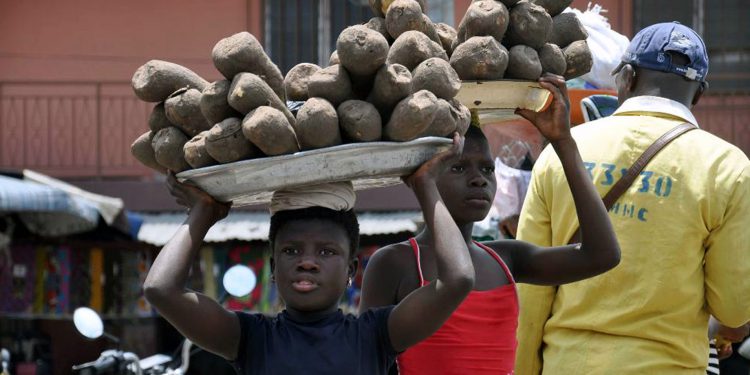The Organisation for Economic Co-operation and Development (OECD) will help G7 counties harmonise supply chain rules to make agrifood more sustainable.
It’s going to compile an inventory of all relevant G7 voluntary and mandatory due diligence requirements.
The move, announced by G7 Agriculture Ministers in a communiqué on May 14, was the most concrete in a bid to promote sustainable supply chains through coherent efforts.
The communiqué says, “We note that there are different rules, voluntary guidelines and private-sector standards addressing responsible agricultural supply chains.” It said the G7 has to “work towards coherent understanding and complementary approaches, while recognising different national circumstances.
“We welcome the initiative to commission the OECD to compile an inventory of the G7 voluntary and mandatory Due Diligence measures for sustainable agricultural supply chains.
“As part of this mapping, the OECD will examine other applicable environmental, social and human rights standards. This will include considering possible unintended effects, particularly on smallholder farmers in producer countries.
“Based on the inventory, prevailing elements and needs could then be identified to strengthen the quality and, where possible, coherence of G7 policy measures to promote sustainable supply chains.”
“We are convinced that sustainable food systems are fundamental for achieving global food security and nutrition”
The communiqué acknowledges Food and Agriculture Organization and in particular UN Food Systems Summit objectives to address the role of agriculture and food on climate change, the relationship between agriculture and biodiversity loss, improving nutrients in agriculture, tackling water scarcity, and fighting against the rise of antimicrobial resistance in food systems caused by antibiotics in food production.
“We are convinced that the continued transformation to sustainable food systems is fundamental for achieving global food security and nutrition,” it says.
Without detailing specific action for protecting children from being trafficked and forced into labour, it says, “With great concern, we recognise that child labour, trafficking in persons, including forced labour, exist along agricultural supply chains and we commit to work towards eliminating this inhuman and degrading treatment.”
The communiqué leads with a response to the Russian war in Ukraine saying the G7 ministers are “troubled by the expected consequences for global food security and nutrition caused by the Russian war of aggression against Ukraine.
“Its impact on Ukraine’s internationally significant agricultural sector places global food security and nutrition under severe strain.”
The Group of Seven (G7) inter-governmental forum is made up of Canada, France, Germany, Italy, Japan, the United Kingdom and the United States, along with European Union, although the EU is not included in number.























